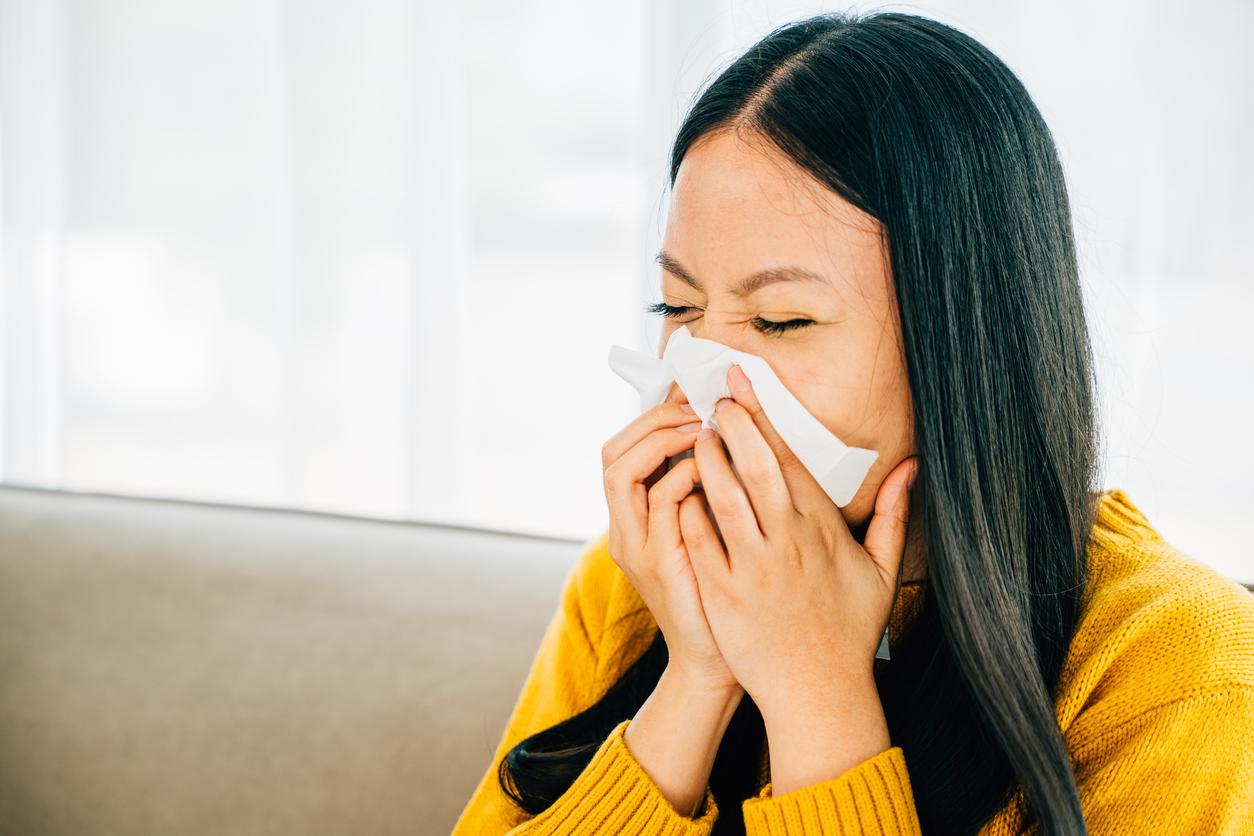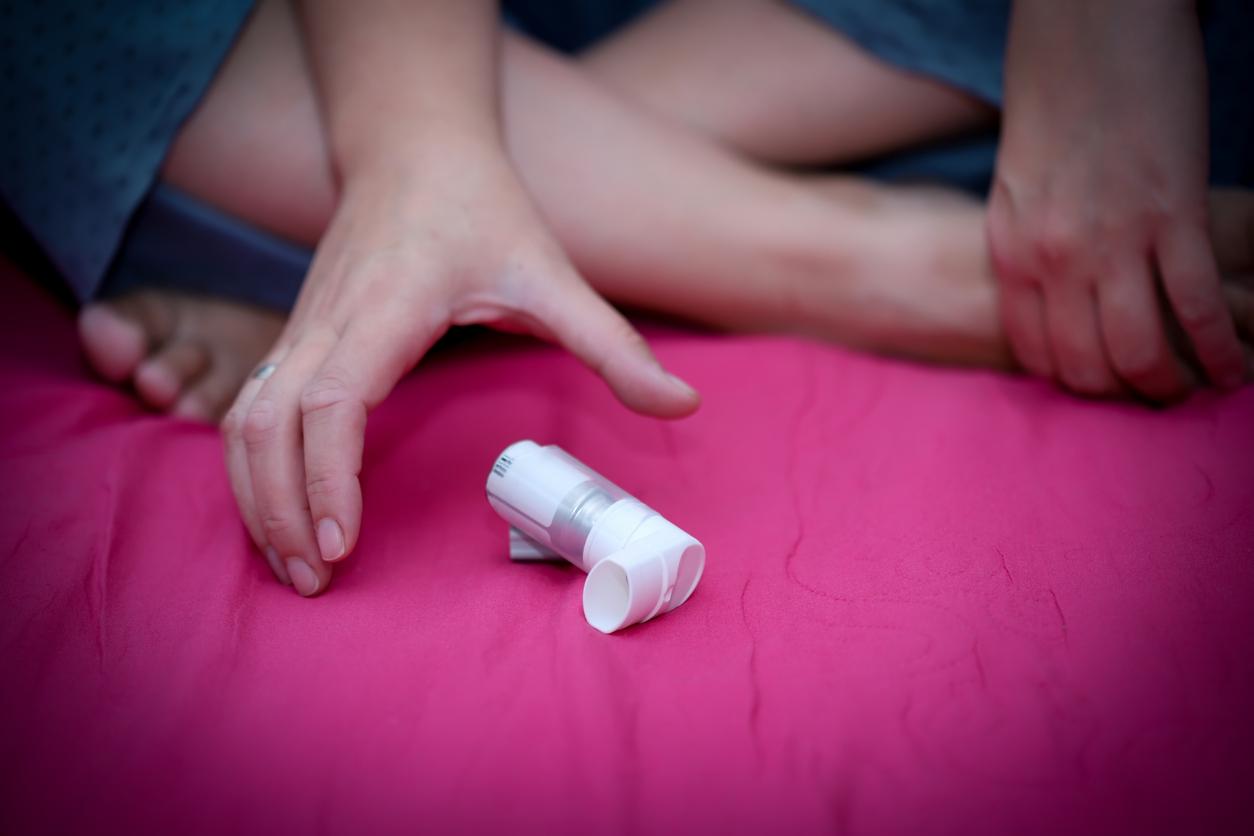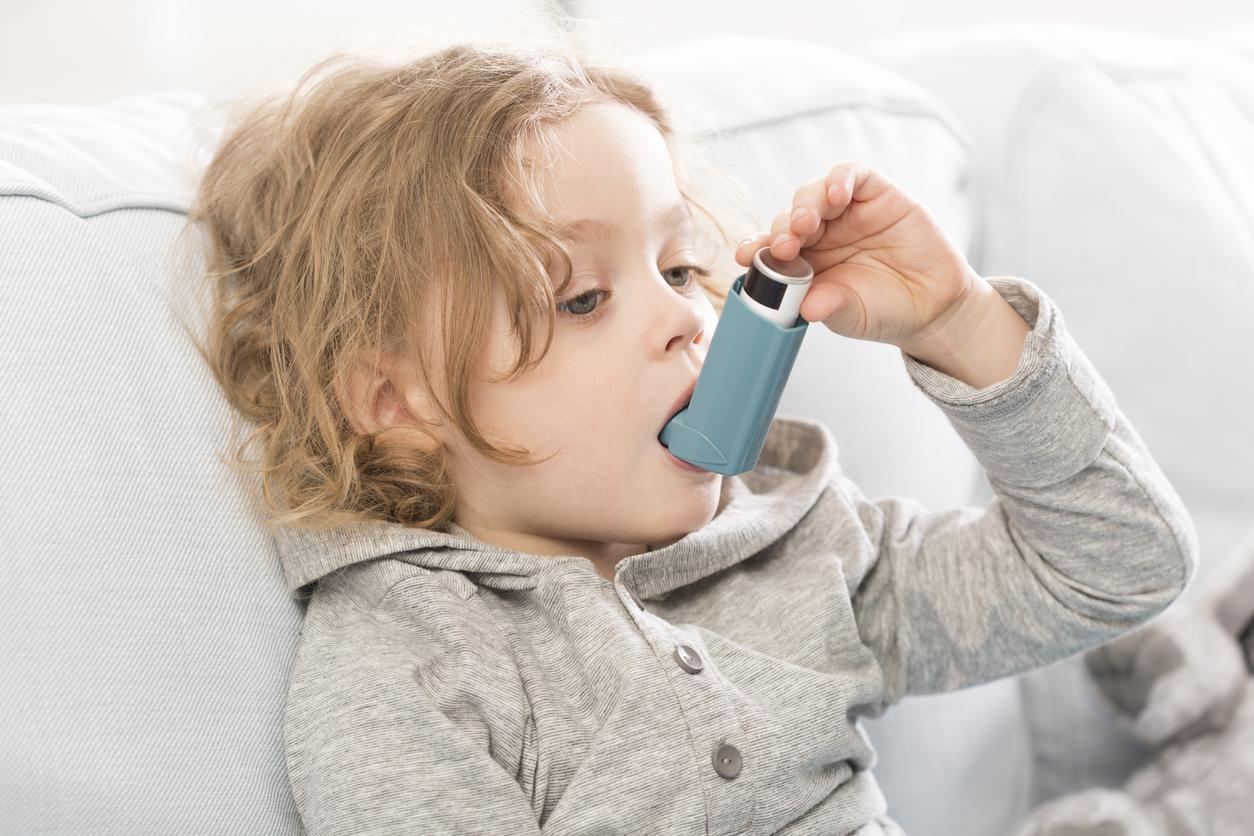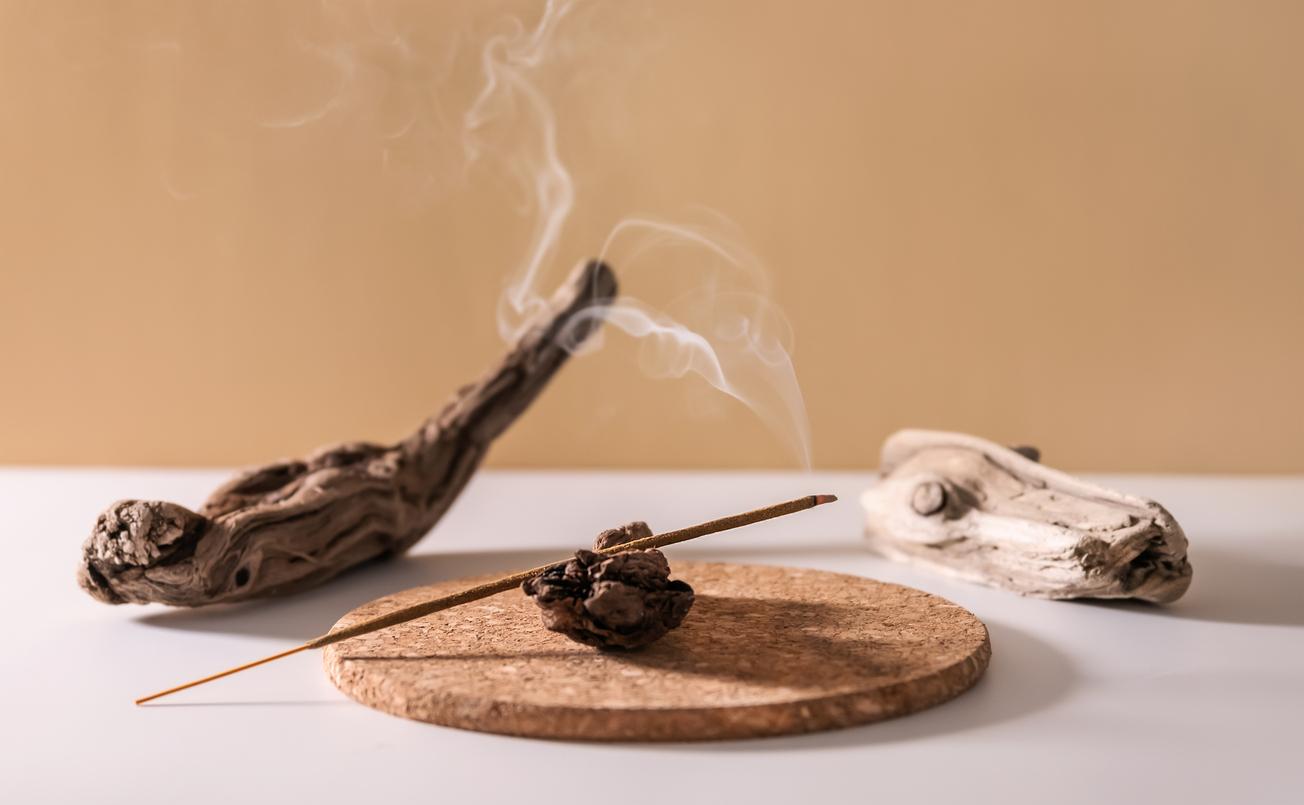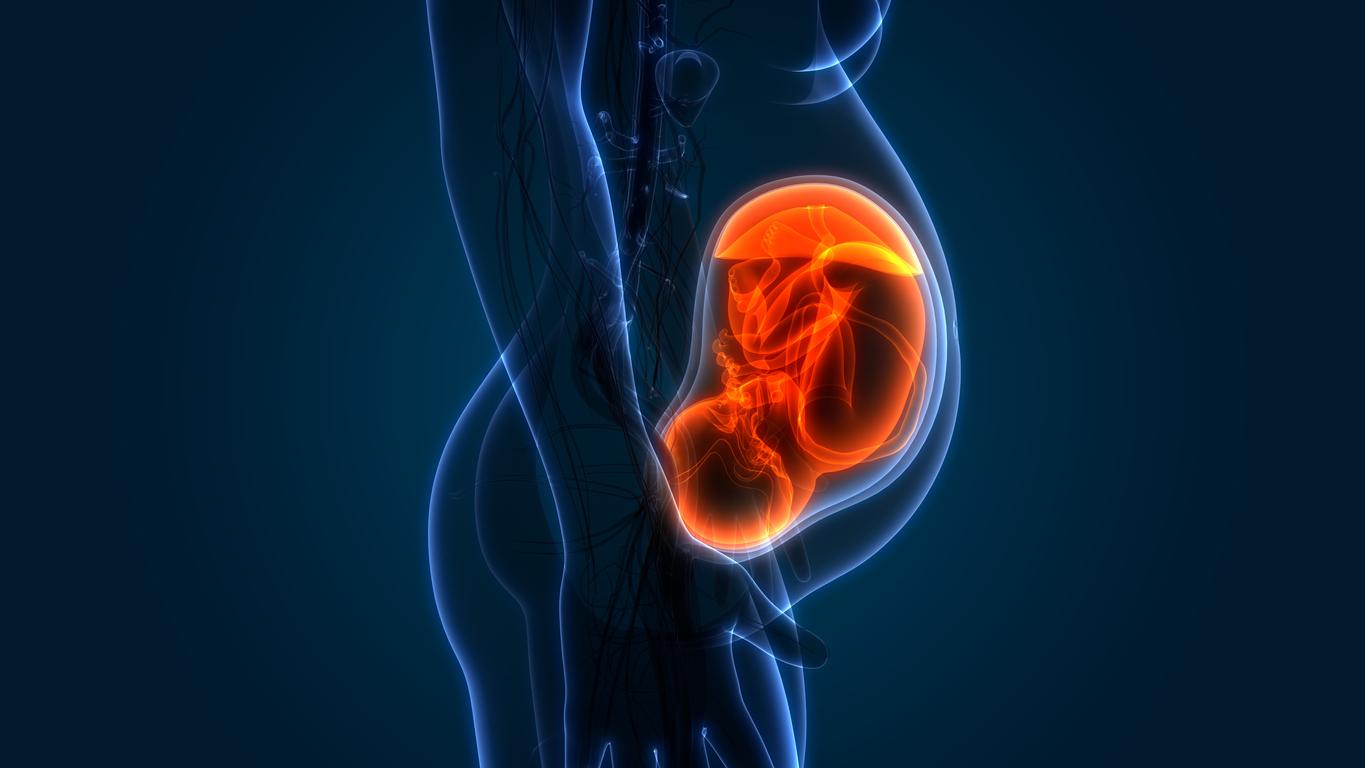Two legislative texts prohibit the purchase, possession and sale of plant species such as ambrosia, on pain of a fine.
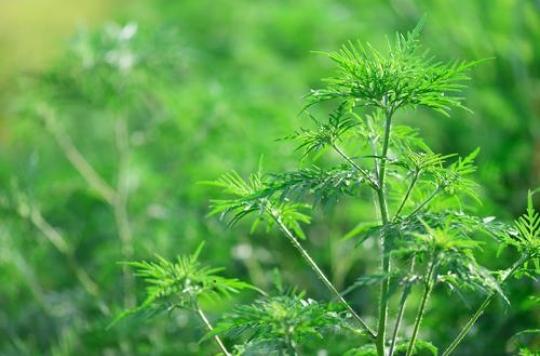
France is stepping up its measures to combat plant species harmful to human health, and particularly ragweed. Two texts published in Official newspaper this Friday set various measures aimed at reducing the exposure of the French population to these plants which prove to be toxic to humans.
The first is a stopped, which aims to “limit or prohibit the introduction, transport, use, offering for sale, sale or purchase, in any form whatsoever, of plant species harmful to health”.
Importation and sale prohibited
Thus, it is prohibited to introduce “intentionally into the national territory, including if only in transit” of harmful plant species, “except for the purpose of destruction”. These toxic specimens cannot be “used, exchanged or cultivated, in particular, for reproduction”, nor be “transferred free of charge or against payment, including mixed with other species”, or even be “purchased, including including mixed with other species ”.
These prohibitions apply to all individuals, but also “to companies, agents responsible for investigating and ascertaining violations of measures to combat plant species harmful to health, officers and agents of the judicial police, prefects”.
Up to € 375 fine
The list of plant species targeted by the decree must be fixed by decree, but the authorities have already made the fight against ragweed a priority. a second text published in Official newspaper this Friday thus included in this new list the mugwort-leaved ambrosia (Ambrosia artemisiifolia L.), ambrosia with smooth spikes (Ambrosia psilostachya DC.) and trifid ambrosia (Ambrosia trifida L.).
“The pollen of these plants causes severe allergic symptoms (rhinitis, conjunctivitis, eczema, urticaria …) and can cause the onset or worsening of asthma”, recalls the decree. In fact, the ragweed season is synonymous with epidemics of allergies in the territory.
Thus, failure to comply with these prohibitions “constitutes an offense punishable by the fine provided for fourth class contraventions” (135 euros, 375 euros maximum).
Destroy feet
In addition to the bans on the three species mentioned, control measures must be taken by individuals, local authorities, ARS (regional health agencies) and State services, in order to limit the risk of exposure. with ambrosia.
The decree thus determines “the measures likely to be taken, on the one hand, at the national level and, on the other hand, at the local level, to prevent their appearance, such as the monitoring of these species and the ‘inform the public, or fight against their proliferation, such as the destruction of ambrosia plants or the management of spaces aimed at severely limiting their installation capacity ”. These measures are in addition to those taken at the prefectural level.
Better inform
Thus, among the control tools, the decree mentions “the monitoring of the presence of these species on the territory and the evaluation of their impacts on human health and the environment”, but also “the prevention of development and proliferation. of these species ”,“ the management and maintenance of all areas where these species develop or may develop ”, or even the“ destruction of specimens of these species in any form whatsoever during their development ”.
The authorities wish to strengthen “public information” by improving communication on health risks and control methods and by promoting the dissemination of scientific knowledge. “In the event of non-application or insufficient application of these measures, the territorial referents shall inform the executive authorities of the local authorities to which they belong”, specifies the decree, which comes into force on this Saturday.
.









